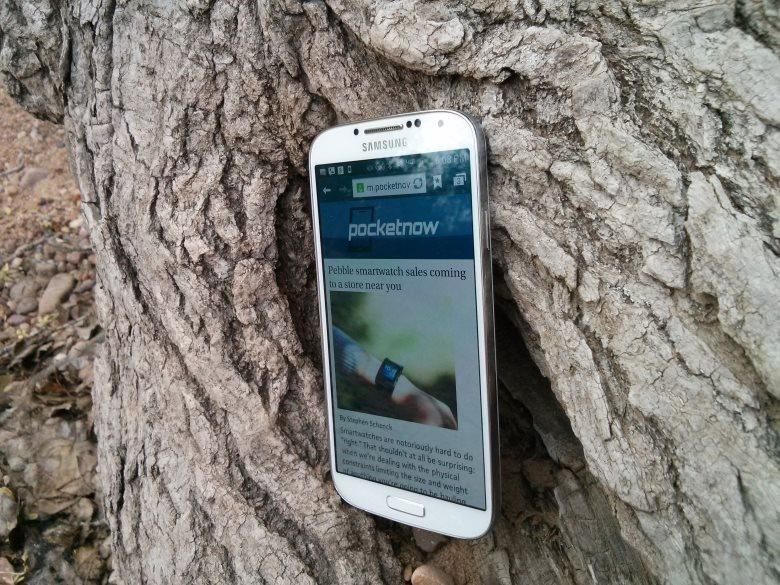There was a time not so long ago when a person who told you that the government was reading your emails, tapping into virtually every phone call, had developed facial recognition software to identify individuals in a crowd, or track your movements anywhere you went would have been called a “nutcase” or “conspiracy theorist”. Now, however, although we’re reluctant to admit it, we know they were right all along.
There are many ways through which our privacy can be violated, especially through our smartphones and tablets. One such way is your Internet browsing history. Though some may have things they deliberately want to hide, the majority just don’t want others snooping on them. I don’t blame either group. That’s where “incognito mode”, or any other form of “private browsing” comes in to play.
“The right of the people to be secure in their persons, houses, papers, and effects, against unreasonable searches and seizures, shall not be violated, and no Warrants shall issue, but upon probable cause, supported by Oath or affirmation, and particularly describing the place to be searched, and the persons or things to be seized.” – Fourth Amendment to the Constitution of the United States of America
Incognito mode is a feature of Google’s Chrome browser that helps hide your surfing history by doing the following:
- Your browsing history isn’t recorded. The webpages you open and the files you download in incognito mode aren’t recorded in your browsing and download histories.
- Your cookies are deleted. All new cookies are deleted after you close all incognito windows.
- Extensions are disabled by default. Your extensions are automatically disabled in incognito windows because Chrome doesn’t control how extensions handle your personal data.
That seems pretty safe, and it is a step in the right direction. However, contrary to popular belief, incognito mode doesn’t protect your surfing data!
Incognito mode (and other “private browsing” modes) simply attempt to clean out the local record of where you’ve been and what you’ve been doing on the computer, tablet, or smartphone that you were using. That’s a really good thing!
Over the weekend we took family pictures at my in-law’s house. My wife handed me the photographer’s SD card and asked me to upload the pictures to her. I hopped on their computer, opened Chrome in incognito mode, logged in to my Google account, uploaded the pictures, then closed the window. This way I didn’t have to worry about whether or not my in-laws would be presented with a screen asking for my login credentials the next time they went to check their email. The same logic and methodology can (and should) be used when you log into any of your accounts from a computer, smartphone, or tablet other than your own. Doing so adds a little bit of security to your login, but still doesn’t protect your surfing data.
There are plenty of other ways that you can be tracked. Your device’s MAC address or IMEI (and others) uniquely identify it to the network to which it’s connected. All the traffic that comes from your device has your address stamped on it. It’s up to the network provider how long they keep the logs of this activity.
Your DNS provider, the service that translates human-readable website names into computer-reachable IP addresses, can log all the lookups that you are requesting.
The other cost: your privacy
Search engines can (and do) log your search history to better understand what you’re looking for, so future search results can be made “more relevant” to you.
Ad networks can (and do) log the sites that you visit to help build a consumer profile on you.
Social networks (through their “share”, “like”, or “+1” mechanisms that content providers put on their sites to help grow their audience) can (and do) log this information.
Even sites using tools like Google Analytics, or webmaster or demographic tools can expose your surfing history.
The list, as you might imagine, goes on. Virtually everyone wants to know everything they can about you.
Although “incognito mode” and other “private surfing” modes are very good tools to use, you need to be aware of their uses as well as their limitations. Just because you can’t see your browsing history doesn’t mean that no one else can.
What’s more, any one of these services can be subpoenaed, sent a National Security Letter, or simply be asked to turn over this information about you. Of course there will be those who say “if you haven’t done anything wrong, you don’t have anything to hide”. Ironically, the same people vocally protest when intimate pictures of celebrities are leaked on the Internet. “Privacy” isn’t about having done something “wrong”, it’s about respecting others – and expecting the same respect in return.
Civilization is the process toward a society of privacy. The savage’s whole existence is public, ruled by the laws of his tribe. – Ayn Rand
Your only option to keep your surfing information private is to use services that don’t track you by default, which is much easier said than done.



